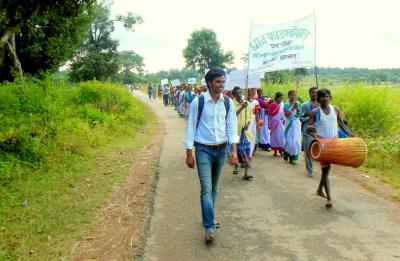Transcribed and translated by Shweta Hegde
An interesting part of all of our field segments is getting to interact and learn from communities. There is often a wealth of undocumented culture, including songs, dances, beliefs, and stories. During my first DPS, I got a chance to hear many interesting stories. Here is one such story:
























